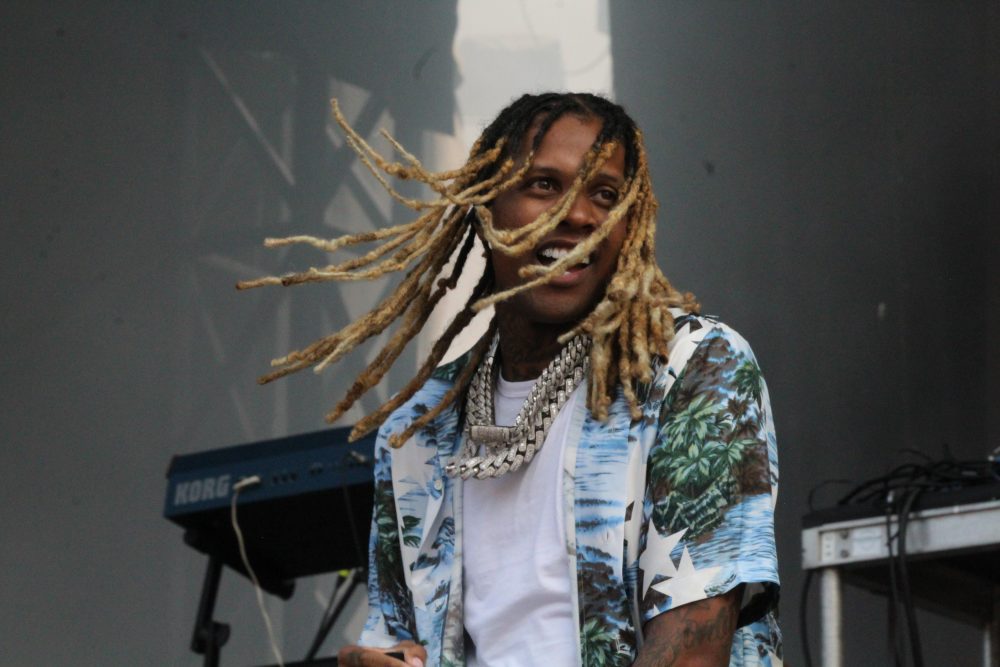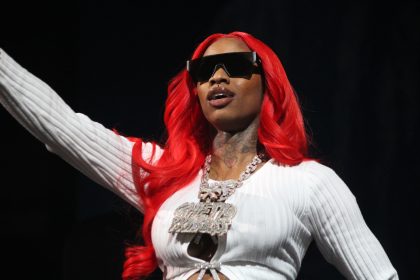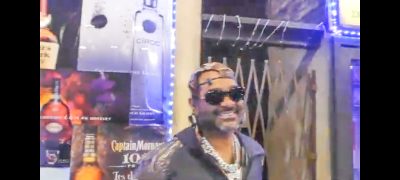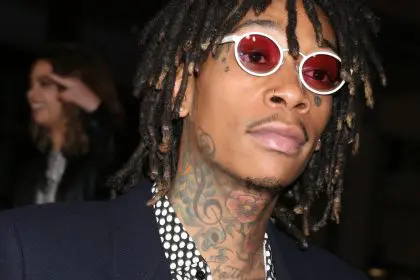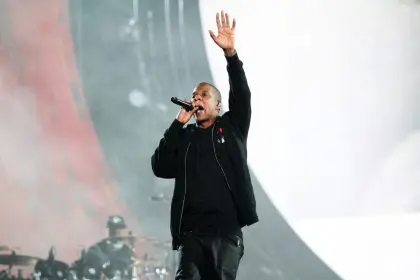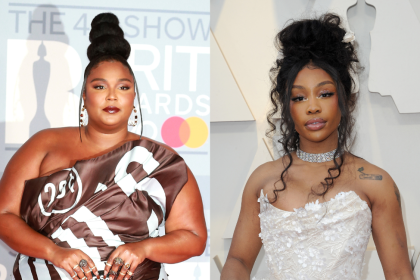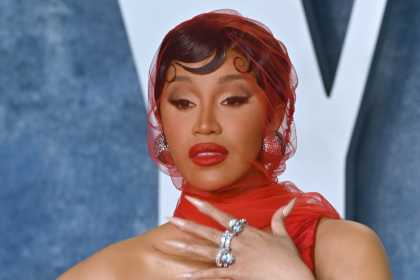The recent arrest of chart-topping artist Lil Durk has sparked serious conversations about the intersection of success and accountability in modern hip-hop. Before federal authorities took Lil Durk into custody on charges related to an alleged murder-for-hire plot, few suspected the gravity of what was unfolding behind the scenes — including close friend and fellow artist Fat Trel.
The situation echoes a familiar pattern in an industry where success stories often intertwine with legal complications. For veterans who witnessed hip-hop’s evolution from community expression to global phenomenon, these recurring scenarios hit particularly close to home.
When brotherhood meets reality
The camaraderie among artists remains a cornerstone of hip-hop culture, evidenced by Fat Trel’s recent public reflections on his last encounter with Durk. Their final meeting — now colored by subsequent events — serves as a sobering reminder of how swiftly circumstances can shift in this industry.
The charges Durk faces stem from an alleged plot targeting fellow artist Quando Rondo, a situation that tragically resulted in the death of Rondo’s cousin. This case represents more than individual legal troubles; it symbolizes the persistent challenges facing artists who achieve mainstream success while maintaining connections to their roots.
The price of authenticity
For those who came of age during hip-hop’s golden era, watching the culture navigate these waters proves particularly poignant. The current situation raises questions about the cost of remaining authentic while achieving commercial success, and how artists can break cycles that have plagued the culture for decades.
The hip-hop community’s response to such situations has evolved over the years. While artists once maintained silence around legal troubles, today’s generation often finds strength in public solidarity. Fat Trel’s willingness to speak openly about his concern for Durk reflects this shift toward emotional transparency.
As this case unfolds, it serves as both a cautionary tale and a catalyst for necessary conversations about growth, responsibility and the future of hip-hop culture. For those who have witnessed the genre’s evolution firsthand, these discussions feel increasingly urgent.
The road ahead remains uncertain for Durk, but the support from his peers highlights an enduring truth: in hip-hop, community resilience often proves as powerful as individual talent.

